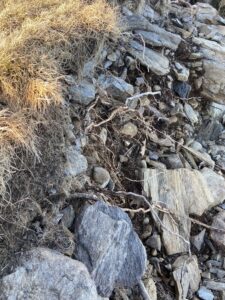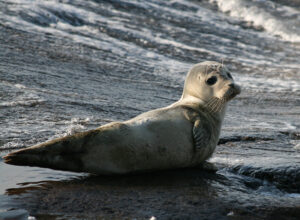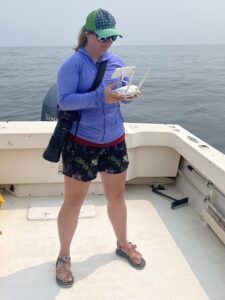Coastal ecosystems: cracking the code
University of California, IrvineUC Irvine associate professor of ecology & evolutionary biology studies how warmer ocean water is affecting marine ecosystems, particularly the alarming reality that climate change often favors invasive species over native ones. Cascade Sorte has spent her career unraveling the mysteries of Earth’s changing oceans.












































